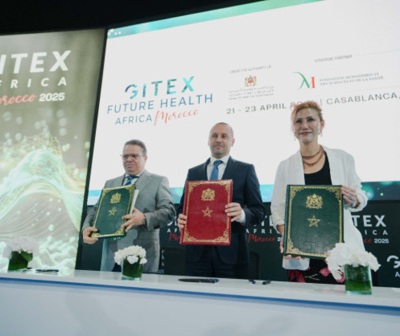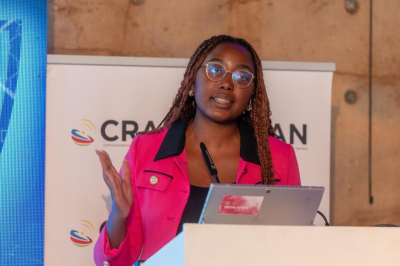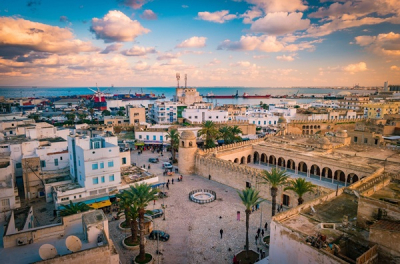In Africa, economically disadvantaged populations’ poor access to technological skills raises concerns about increasing inequalities in the job market. Actors are inking partnerships to ensure the digital economy benefits everyone.
Carnegie Mellon University Africa (CMU-A), the Mastercard Foundation, and the Rwanda government will train 10,000 African youth from economically disadvantaged communities in digital skills. For that purpose, the three parties signed a US$275.7 million agreement yesterday.
According to an official release, the investment provided by the Mastercard Foundation “includes a $175M endowment to perpetually fund CMU-Africa [...] and $100.7M to establish CMU-Africa’s Center for the Inclusive Digital Transformation of Africa.” The funds will help reach a broad audience as well as specific targets, including young women, youth with disabilities, and forcibly displaced youth. The beneficiaries will receive advanced training in information technology, electrical and computer engineering, and artificial intelligence. Some of the training programs will be delivered online.
According to the World Bank, millions of young Africans will be in the job market by 2030. For Farnam Jahanian, president of Carnegie Mellon University, "it's important to give them access to education in the high-tech fields that are driving the economies of the future.”
Rwandan Minister of Education, Valentine Uwamariya, indicated that the “strategic partnership with Carnegie Mellon University is one of the Government of Rwanda’s key investments to support the development of a critical mass of skills [...] required by the knowledge economy and to help accelerate Rwanda and the region’s socioeconomic transformation.”
The agreement between Carnegie Mellon University Africa and the Mastercard Foundation builds on a previous partnership between the two parties, as well as a successful 10-year collaboration between the Rwandan government and the academic institution.
Samira Njoya



















